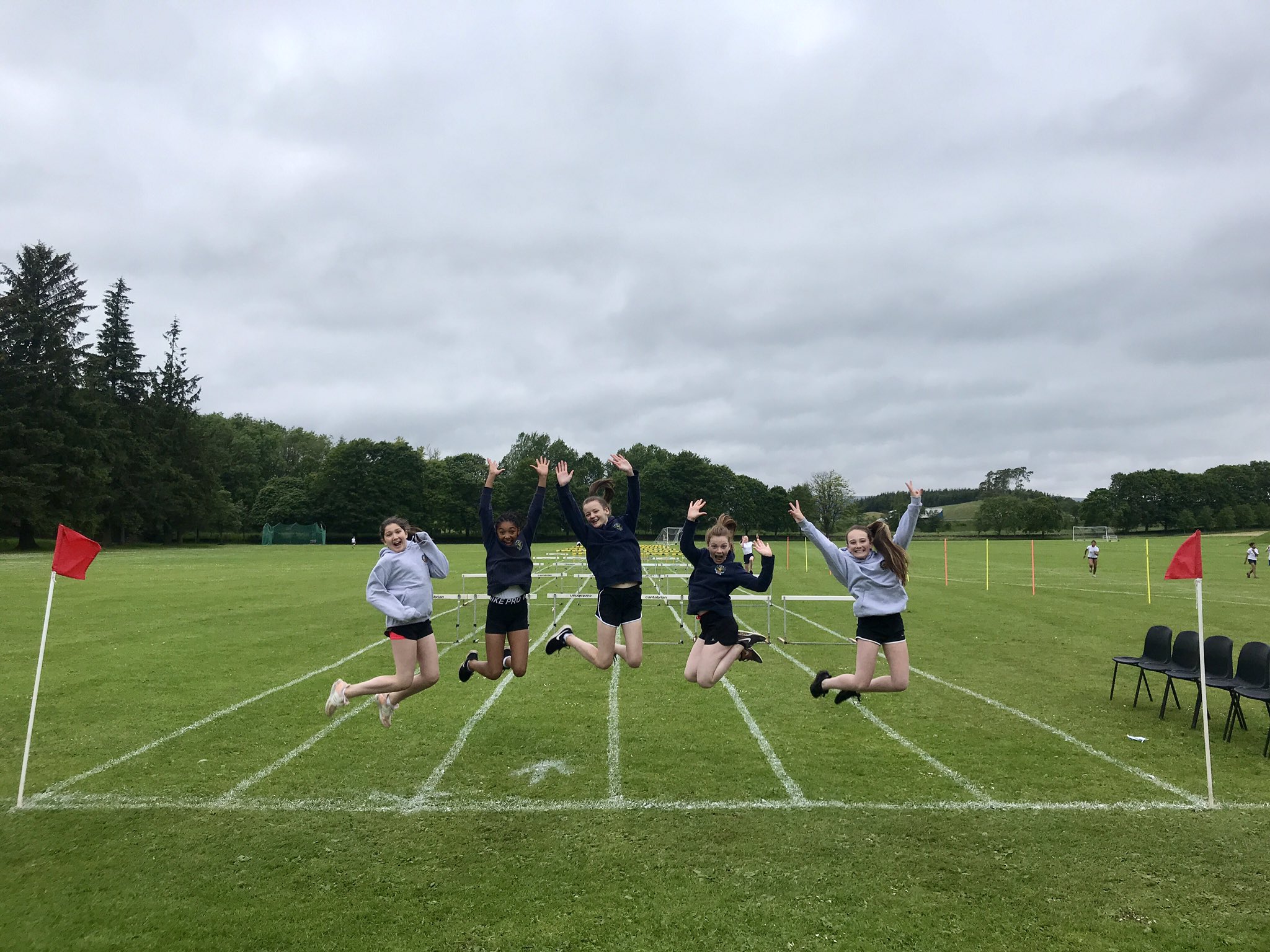
The primary role of Pupil Support within Queen Victoria School is to support the individual needs of pupils in its care and to assist them in achieving their goals.
All staff have a part to play in getting to know pupils and in providing opportunities for the acquisition of skills and knowledge necessary to equip young people in life.
Members of staff work with pupils and assist them in making important decisions and in resolving challenges or difficult decisions.
Pupils may also need help with transitions between educational stages in order to adapt to the wider world beyond Queen Victoria School. They may require assistance with personal or family difficulties as they arise and careers advice and pastoral care are available for this purpose.
At particular times pupils may require support in the form of reviews and monitoring of progress, learning and behaviour, and systems are in place to manage this need.
The Scottish Government GIRFEC initiative has been implemented at Queen Victoria School and acts as a mechanism to identify specific wellbeing needs of individual pupils and to put in place support and interventions to assist our pupils.
The Five Roles of the Pupil Support Teacher
- Tutoring and class teaching: Specialists teach special programmes for specified periods of time; they teach classes in special schools and units, and special classes in mainstream schools. Specialists also take classes in mainstream schools to free the class or subject teacher to work with individuals or groups, for example, in extending abler pupils.
- Teaching co-operatively with a class or subject teachers: Specialists (and/or other class and subject teachers) support the work of the class and subject teachers by targeting assistance in a planned way to pupils experiencing difficulties in learning but also by enriching the overall quality of learning and teaching.
- Providing consultancy support: Pupil support staff, teachers from specialist advisory services and teachers from special schools advise the management and colleagues on ways of improving the quality and the effectiveness of learning and teaching throughout the school and on particular areas or subjects in the curriculum; they also give advice on guidance on the learning needs and programmes of individual pupils.
- Providing specialist services: pupil support teachers use their unique position to provide exceptional services to individual pupils, such as supporting those with difficulties in adjusting to the life of their school or class; and provide short-term assistance to help to catch up on work after a period of hospitalisation.
Contributing to staff development: Specialists in Additional Support Needs are able to contribute to the enhancement of their colleagues’ professional development through seminars and in-service courses, information sheets, and the exercise of the above roles.
Defining Additional Support for Learning
Enquire defines ASN as:
The terms “additional support for learning” and “additional support needs” can be confusing. Many people think they only apply to children with long-term learning difficulties or disabilities but children can need support for many other reasons. These include:
- Difficulty in controlling behaviour
- Missing school because of an illness or long-term condition
- Having a physical disability
- Being a young carer
- Communication difficulties
- Being particularly able
- Changing school a lot
- Being looked after or in care
- Having a difficult family situation
- Suffering a bereavement
- Being bullied
Here is a useful link for more information: Understanding the Basics: What is Addition Support for Learning?
The Scottish Government list the following as examples of Additional Support Needs:
- Learning disability
- Dyslexia
- Other specific learning difficulty (e.g. numeric)
- Other moderate learning difficulty
- Visual impairment
- Hearing impairment
- Deafblind
- Physical or motor impairment
- Language or speech disorder
- Autistic spectrum disorder
- Social, emotional and behavioural difficulty
- Physical health problem
- Mental health problem
- Interrupted learning
- English as an additional language
- Looked after
- More able pupil
- Other
Here is the website link: Additional Support Needs
Pupil Support Department Strategies and Resources
Specific Learning Difficulties including Dyslexia/Dyscalculia/Dysgraphia/Dyspraxia
We provide small specialised tutorials to meet the individual needs of the Child and Young Person.
Strategies and Resources used include: Dyslexia Institute’s Units of Sound, Indirect Dyslexia Cloud, individual class support, provision of readers and scribes, visual stress assessment and provision of coloured overlays, an initial screener for dyslexia.
Strategies for identifying dyscalculia include: GL assessment, classroom observations. Support can include: in-class support; Maths on track resources and Dybuster Calcularis.
Additional Assessment Arrangements
We provide support for pupils who need Additional Assessment Arrangements in the classroom and for SQA exams. This can include ICT, Reader, Scribe and/or extra time.
Through the GIRFEC process, we support pupils in creating and implementing the Child and Young Person’s Plan for a variety of Additional Support Needs including Emotional and Behavioural Difficulties, Bereavement and loss, mental health issues and other learning disabilities. This Child and Young Person’s plan may include an Individual Educational Programme (IEP). At each stage, the Pupil Voice is very important since it is the Child and Young Person’s own learning. We have built into the process at each stage for this to happen and be recorded.
Useful Links
Here is a list of useful websites for the following additional support needs:
Resources from TES Dyslexia Education
Click the image to be directed to the QVS Wellbeing Hub.
